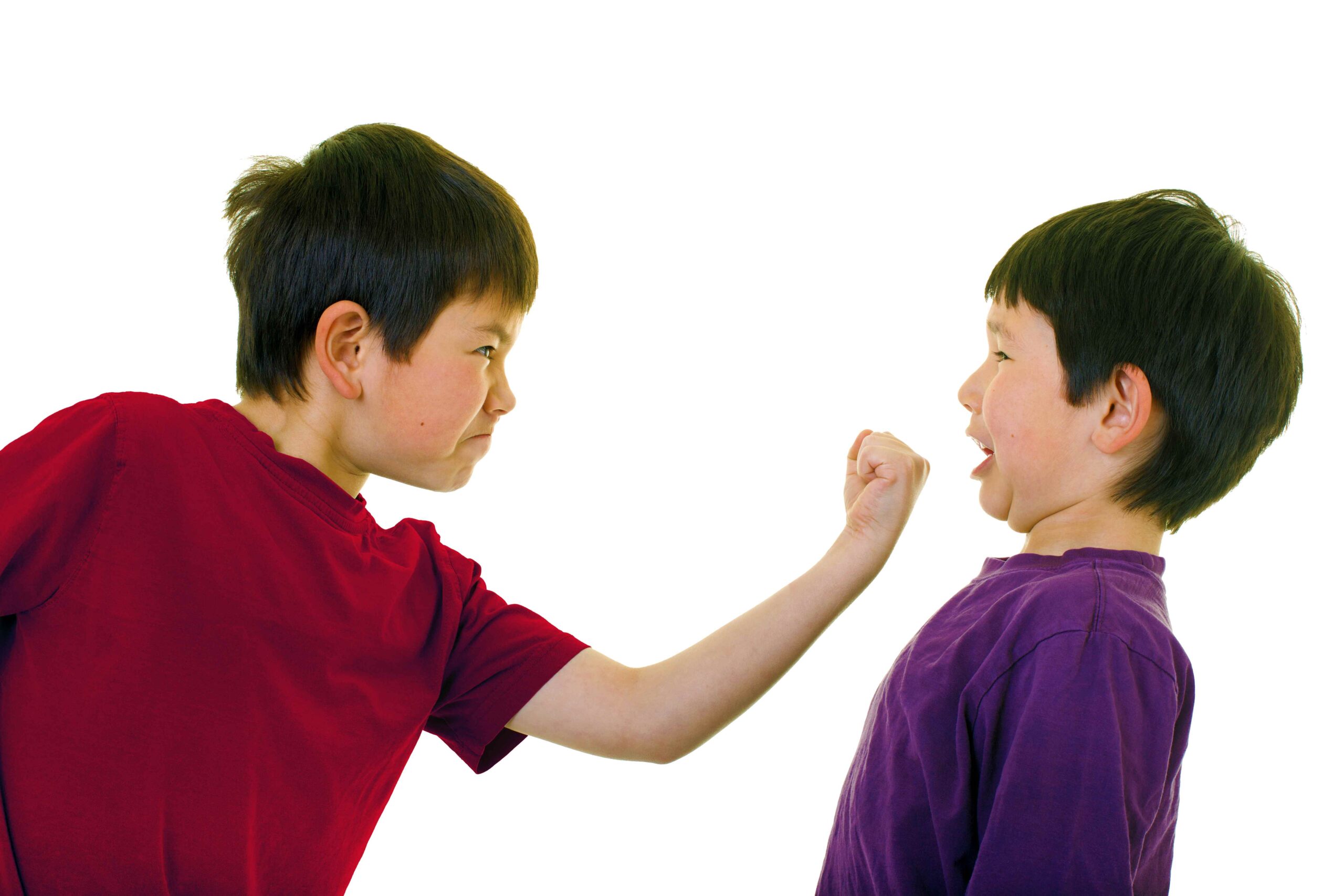Do you have a child who can’t hold on to her take-home papers or forgets to bring important belongings to school? Both parents and children can benefit from establishing consistent organization, planning and memory skills.
In their book Good Behavior, (St. Martin’s Press, $7.99), Stephen W. Garber, PhD; Marianne D. Garber, PhD; and Robyn Spizman suggest you gradually allow your children to take responsibility for their own remembering.
“Parents usually remember everything for their youngsters before they reach seven. After that, parents assume children can accept increasing responsibility,” the authors observe. However, parents should not assume that at age 7, kids will magically turn into organized, responsible human beings.
Children need guidance from their parents to adopt strategies that will help them remember. There are many skills that parents can teach their kids in order to encourage responsibility and ownership of possessions and schedules. These same skills can help parents with their own hurried and sometimes chaotic schedules.
Organize To Remember
Children who are organized do not tend to misplace their belongings. Purchase a calendar that has columns for individual schedules or assign a different color for each family member. Have your children write their own activities on the calendar.
In addition, children should have a calendar in their own rooms. Use a different color for different types of events (red for sporting events, green for major projects due at school, etc.). The key is to check the calendar at the start of each day. Teach your children to check the calendar just as you would teach them to brush their teeth, until it becomes part of the morning routine.
Planning the night before will cut down on morning chaos. Decide on a special place to store things that are needed for school the following day. This might be an area in a hall or entryway.
Children should pack their own book bags and check their assignment notebooks to make sure they haven’t forgotten anything. It is also a good idea to choose clothing the night before (especially if you have a child who invariably starts an argument the minute her clothes are laid out).
Remembering Strategies
Allow your children to come up with “remembering strategies” on their own. For example, if one of your children finds it hard to remember an instrument on lesson days, she might want to put a neon sticker on the family calendar or on the front door.
William Sears, MD and Martha Sears, RN, authors of several best selling parenting guides, discuss this issue in their book, The Successful Child (Little, Brown, $16.95).
“A child will feel more in control of his life when he has his own written to-do lists,” say the authors. “They can be as simple as a chore chart and a place to write down homework assignments, or as complicated as an actual daily planner book. Regardless of its form, an organized reminder system can teach a child good time-management habits for life.”
Garber, Garber and Spizman suggest that parents teach their children to conduct a body scan and an environment scan. Before leaving the house, stop and say, “Did I forget anything?”
Children should then scan themselves for bags and other items they should be carrying or wearing. Next, everyone checks his environment. Look on the kitchen counter and the floor to see if anything’s been left behind. Children will respond to this strategy, just as they learn to “stop, look and listen” before crossing the street.
Consequences
Letting our children suffer the consequences for their actions is imperative. It is also one of the hardest choices we make as parents, because our instincts tell us to help our kids when they are in distress.
In their book, Parenting With Love and Logic (Pinon Press, $21), Foster Cline, MD and Jim Fay advise parents to use caution when choosing to rescue their children when they’ve forgotten something. “Rescuing children robs them of the opportunity to learn lessons at emotional times when the lessons will be best remembered.” If children suffer the consequences for their forgetfulness, they will more likely employ those remembering strategies you’ve taught them.
Cline and Fay also suggest that parents stay out of the reminder business. “Reminders rob kids of the opportunity to make the mistakes needed to learn lessons.” Once your children have had ample time to practice remembering strategies and adopt organizational skills, let them be.
It might be difficult at first, but you must learn to trust them to handle responsibility on their own.
Myrna Beth Haskell is a freelance writer.






